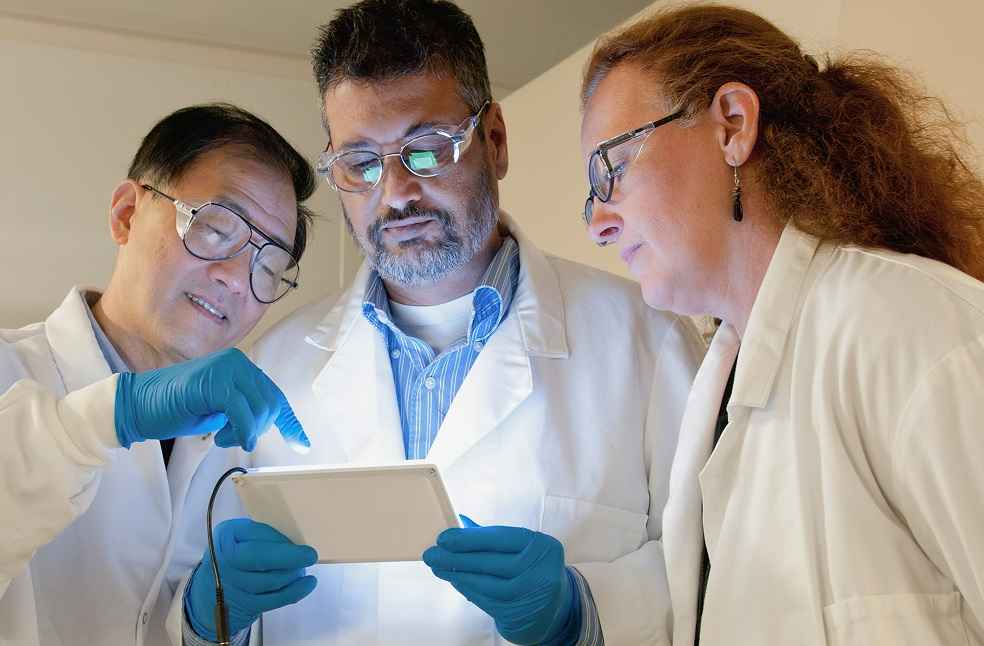United Kingdom: A new study has suggested that fragments of bacteria, known as endotoxins, leaking from the gut into the body can damage fat cells and contribute to weight gain. These endotoxins are able to enter the bloodstream and directly impact the functioning of fat cells. The study, published in BMC Medicine, sheds light on how endotoxins may drive obesity and related conditions like type 2 diabetes.
The researchers from Nottingham Trent University noted that weight loss interventions such as bariatric surgery can reverse the damage caused by gut-derived endotoxins, leading to significant improvements in health.
In a healthy gut, endotoxins are a natural part of the microbial ecosystem that play a vital role in overall human health. However, in obese individuals, the gut barrier can become more fragile and “leaky,” allowing the endotoxins to enter the bloodstream and affect various parts of the body.

The study involved 156 participants, including 63 classified as obese. The researchers aimed to understand how endotoxins contribute to the increased risk of obesity and type 2 diabetes. Blood and fat samples were collected from the participants, including those with obesity who underwent bariatric surgery. The researchers specifically examined two types of fat cells: white fat cells, responsible for energy storage, and brown-like fat cells, associated with metabolic activity.
The findings revealed that white fat cells derived from individuals with obesity were less likely to transform into brown-like fat cells compared to fat cells from lean individuals. This reduced transformation is attributed to higher levels of endotoxins in the blood of participants with obesity.
The team also found that bariatric surgery reduced the amount of endotoxins in the blood of the participants, which was associated with improved metabolic health of the fat cells.

Lead researcher Prof. Mark Christian, of Nottingham Trent University’s school of science and technology, commented that “gut microbe fragments that enter the blood stream reduce normal fat cell function and their metabolic activity, which is exacerbated with weight gain, contributing to increased diabetes risk. It appears that as we gain weight, our fat stores are less able to limit the damage that gut microbe fragments may cause to fat cells.”
“Endotoxin from the gut reduces fat cell metabolic activity and its ability to become ‘brown-like fat cells,” which can be useful to help lose weight,” Mr. Christian added.



